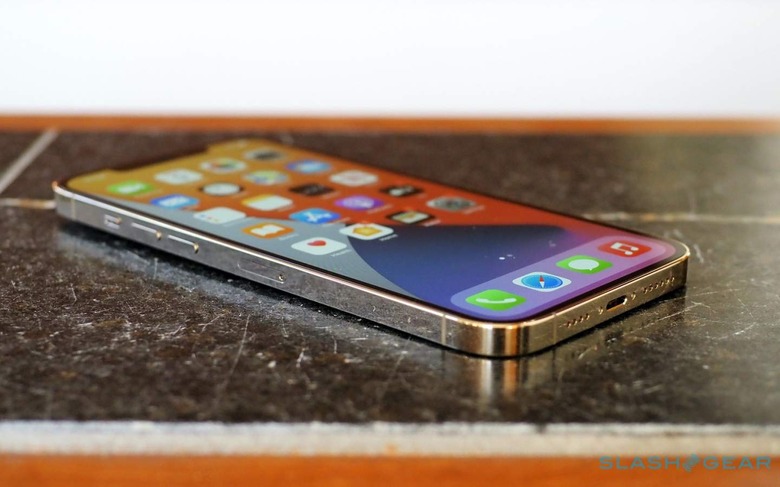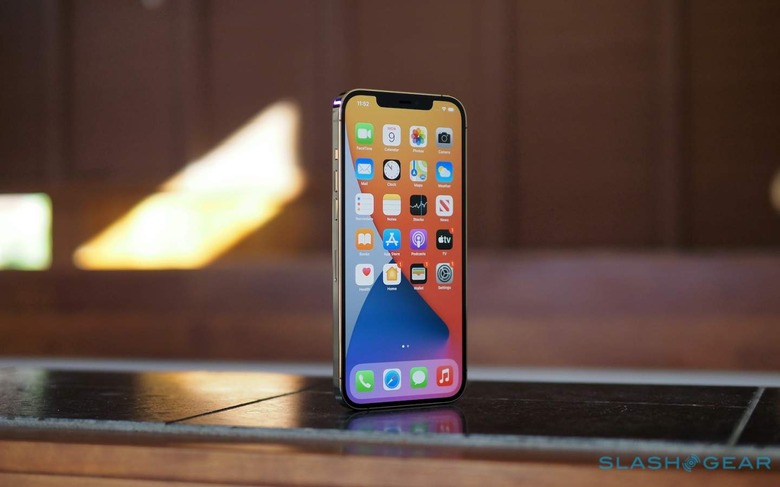iOS 15: How To Upgrade Your iPhone (And What To Do First)
Apple has released iOS 15, and the good news is that the free update for iPhone has plenty of new apps, features, and toys to keep you entertained. While it's tempting to jump straight in, the sensible iPhone owner takes a few steps to make sure their experience of the new iOS version is as smooth as possible. Read on for our advice.
Before you update to iOS 15...
We get it: as soon as there's a big new software update, it's tempting to just hit the upgrade button and get playing with the latest features. The wise user delays gratification a little, however, given that not every update necessarily goes smoothly.
iOS 15 has been in public beta for some time now, with real-world users helping identify bugs and glitches. Apple has had a chance to iron out most of the headaches, then. However, that's not to say that they're all squashed, even when the final release is considered ready.

It's sensible, then, to do a full backup of your iPhone before you update to iOS 15. That way, if something catastrophic goes wrong – or you find that a mission-critical app you need isn't compatible with the latest version yet – you can always roll back to how your phone was before.
If you're an iCloud user, you can back up your iPhone to the cloud. You may have that turned on by default already, with your iPhone doing incremental updates in the background. However, if you haven't, you can find the iCloud backup controls in iOS > Settings > Your Name at the top. Just make sure to check you have sufficient space in your iCloud account first, and it's sensible to find the fastest WiFi connection available because transferring all that data can take a while.
Alternatively – and sometimes faster – you can back up your iPhone to your Mac or PC. You'll need the Lightning cable for that, and then you'll use either Finder on a recent Mac, or iCloud on a Windows PC, to create a copy of all your data. One thing to remember is that you'll probably want to choose the "Encrypt local backup" option in either case: that way, all of your passwords and app logins will be stored too. Just make sure not to forget the password you used for that encrypted backup.
Updating to iOS 15 is straightforward
Once you've completed your backup, it's time to get iOS 15 itself. Once upon a time you needed to install iOS updates via iTunes on the desktop, but Apple subsequently changed that process. Now, though you can use a PC or Mac, you can also install a new iOS version via the iPhone itself.
Just as with an incremental update, you'll find the option to install iOS 15 by going to Settings > General > Software Update. iOS 15 should be listed there. Tapping "Install Now" will begin the download.

That will probably take a while, and obviously depends on the speed of your connection. As with running a backup, it's worth finding the most speedy WiFi network to hand in order to make that download as rapid as possible. Of course, there are other factors too which affect it.
As we see each year, the demand on Apple's servers for the new iOS release is considerable. That can mean it takes a lot longer to grab the new software than you might expect, given the speed of your connection.
If you don't mind waiting a couple of days, or even just 24 hours, the speeds are often considerably improved. Meanwhile, there's an argument for waiting a little longer generally, too.
Day 1 iOS 15 updates may not be sensible
The same justification for making sure you have an iPhone backup also counts for holding off and waiting on grabbing iOS 15 altogether. Just as we usually see Apple's servers getting slammed on release day, so too it's commonplace for the company to push out a minor update in the week or so after a big upgrade like iOS 15.
That tends to address the most egregious bugs and glitches that get spotted and reported as iOS 15 dramatically increases in usage. Meanwhile, app developers have a chance to see all the issues and bugs that they, too, have to work on. Expect plenty of updates in the App Store over the next few weeks, or even longer.
So, while delayed gratification may not be much fun, there's a solid argument for holding off on iOS 15 altogether. After all, Apple's software isn't going anywhere, and it may get markedly more stable over the next couple of weeks.
